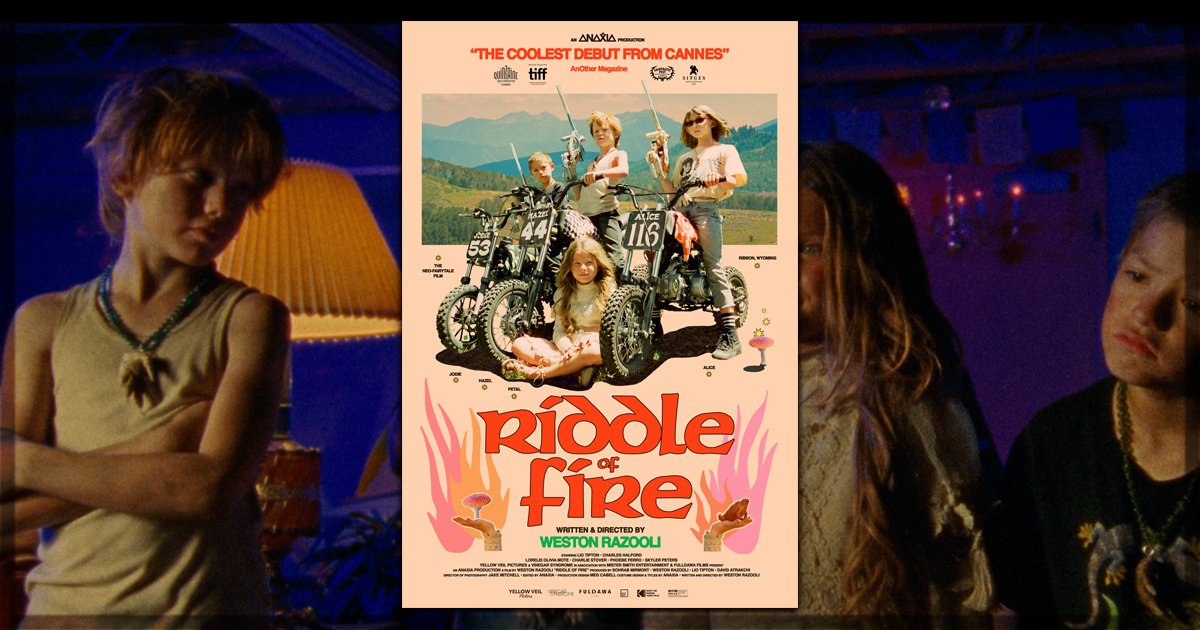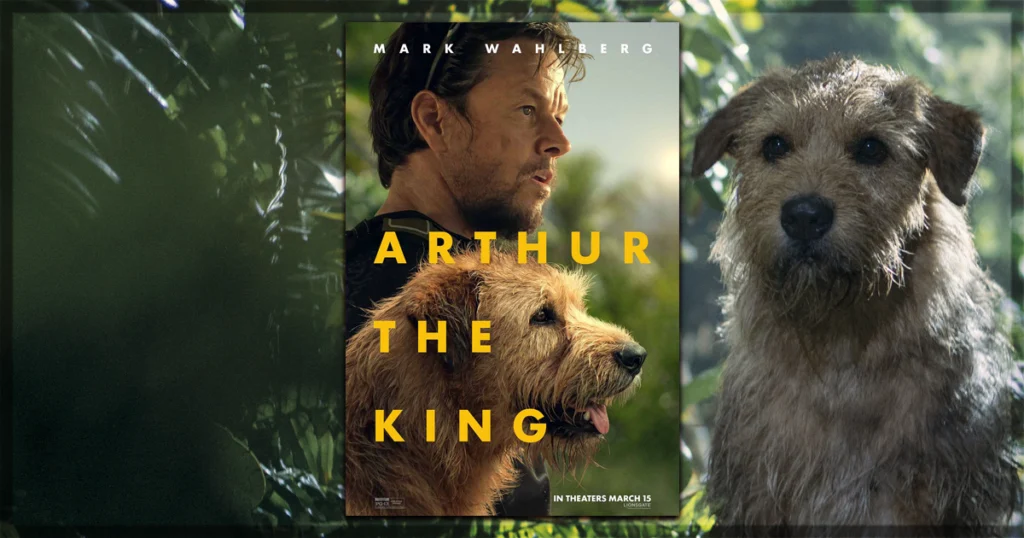Enter the film community, and you’ll see jeers of derision at new movies; “They don’t make ‘em like they used to,” scream those factions of the internet. There’s merit to the anecdote; practical effects taking backseat to digital, a rubbery grey aesthetic taking precedence over vibrancy and such, but ultimately it’s a fallacy. The newest generation will look back on the films derided for not being “like they used to be” and it’ll continue its cyclical discoursed existence. One such argument around this concept is within the coming-of-age movie; that kids no longer play outside and that they have instance access to Google and technology, which would fix plot issues too easily or ruin iconic jokes (imagine if in The Goonies the mum just used google translate instead of letting Mouth translate).
There have been coming-of-age films in recent years that buck this idea; Bo Burnham’s Eighth Grade captured the anxiety of the internet generation and Sean Baker’s The Florida Project explored the lives of children removed from the same privileged use of technology. But neither one of these films feel like those 80’s flicks we burnt out our VHS players playing. Weston Razooli’s feature debut Riddle of Fire does, and it plays as an antidote to the argument, sending the story’s modern-day children on an adventure ripped straight from the pages of a dungeon master’s script, Razooli extracting the exact vibe of the adventure movies that stimulated an entire generation’s imagination.
The story of Riddle of Fire
In Wyoming, USA a mischievous trio of pre-teen children pull off a heist on their rally bikes and with nitro-powered paint guns. The prize for their criminality is a games machine, but as they sit down to play it with a banquet of cakes and crab legs – the kind of snack buffet children prepare without supervision – laid out in front of them, they hit a snag: the mother of two of the children has put a password on the TV. It speaks volumes to one’s own maturity that the first thought that came to mind in this whole scenario is exactly what Razooli answers soon: “Where are the parents?”.
The password-holding mother Julie (Danielle Hoetmer) is in bed sick, and as much as the kids attempt to woo her with different fluids, the only thing she wants in return for the password is a specific blueberry pie, one her grandma bought her as a kid. And thus the children, Hazel (Charlie Stover), Jodie (Skyler Peters) and Alice (Phoebe Ferro) embark on a quest; an excursion that takes them into Grimm-like territory, with fairies, witches, and mythical creatures. Razooli doesn’t go into the same territory as the similarly toned Bridge To Terabithia, which had the creatures imagined by the protagonist physically on screen, but it’s a film that is brimming with as much imagination as that 2007 film.
The children’s blueberry pie mission is usurped quickly when the baker who makes them is also sick. After running an errand for the fevered baker to get the recipe, the children, in their morally flexible state of uninebriated and unpoliced freedom, decide to steal the ingredients to bake the pie that will allow them the two hours of screen time together before they go their separate ways come the end of the weekend. The recipe calls for a single egg, preferably speckled, and the search for this single speckled egg is what drives the trio into outlandish territory. One might find this narrative crux to be a bit slapdash, but the recurring incredulity of “you did all of this for an egg” alleviates that.
Riddle of Fire is reminiscent of 1980s Amblin-esque magic
Shot on ravishing 16mm and in CinemaScope, Razooli’s low-fi charmer has bursts of that Amblin-esque magic that Spielberg concocted in the 1980s without ever feeling like it’s relying on that as an aesthetic. The hazy pastel grain and shimmering imagery gives a surrealistic atmosphere to Riddle of Fire that contributes to the film’s sense of mysticism and childlike wonder. The world created by Razooli is full of fractured morals amidst the idealistic innocence of children.
Even though the kids play hard and loose with their morals – stealing is fine, shooting paint guns at people is fine – they take vindictive pride in the churlish egg-stealing actions of gruff John (Charles Halford). A member of The Enchanted Blade Gang – a real criminal enterprise that consists of lead witch Anna-Freya (Lio Tipton) among others including daughter Petal (Lorelei Olivia Mote) – he has a distinct presence as an antagonist. The latter, donned in a folklore-inspired fairy dress, appears halfway through the film in a similar way to how RPG games of the 90s will send a hint to the characters to solve a puzzle. It’s all very silly, but as it’s played straight, Razooli makes the film feel lived-in and genuine, even if it’s all from the heightened perspective of the youthful protagonists.
Riddle of Fire is gleefully impertinent
The whole film is gleefully impertinent, capturing the perspective of children needing to escape, and the off-kilter amateurism of the film lends itself to coming from the shoddy malleability of juvenile brains. It doesn’t all work, and is a bit too long for the films whimsical sense of twee to be maintained, but each flubbed jibe and swear from the kids hit a jovial mark. The supporting cast are game, even with their performances ranging from poor (sorry to say that Razooli’s appearance as Marty is a scene-killer) to splendidly silly, much like a child might be forced to imagine when dealing with actual criminals. Scored by various woodwind instruments that then give way to a lighter synth score, the film has a vibe that is wholly unique, even as much as the films that inspired it feel hang above like puppet masters.
Riddle of Fire invokes the imaginative panache of childhood to create something that is irresistibly charming and highly impressive as a debut feature. The film strikes a balance with seeing technology as a tool for children to use to bolster their imagination – their phone cameras become radar binoculars – rather than be the youth-stealing victim that many older generations wax on. The cracks and seams might be felt at times, but they all add to the concoction of fragmented myths and dreams that you only get when you see films through the lens of a child. Razooli seems to understand the necessity in fracturing a reality that only exists inside a child’s mind and it makes Riddle of Fire’s simple-on-the-surface narrative endlessly endearing
Riddle of Fire will be in theaters on March 22, 2024.
Are you interested in seeing Weston Razooli’s Riddle of Fire? Let us know on X @MoviesWeTexted and head on to the movie’s website for more information, including how to get tickets.
You might also like…
‘Arthur the King’ Review: A Charming Movie with Lots of Heart


